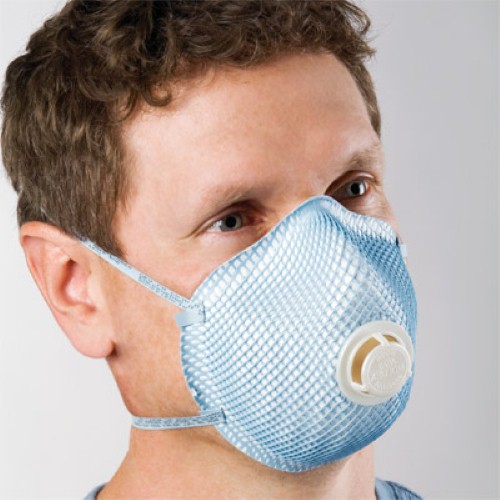When engaging in business continuity planning, it would be wise for a company's decision makers to factor in pandemic preparedness in addition to disaster recovery. While generally not at the forefront of a business' daily operations, should a pandemic strike, it would greatly benefit business owners to have a specific plan of early action to address pandemic conditions rather than relying on in-the-moment statistics and recommendations that may become obsolete as the disease progresses and evolves.
According to a recently published study by researchers from the University of Michigan's Department of Epidemiology and School of Public Health, vaccines and medication may not be an effective solution for dealing with powerful infectious diseases. Due to the lack of availability of this solution as well as the fact that some individuals may be resistant to the drug, employers need to be prepared to deploy effective non-pharmaceutical disease coping solutions should formal medical treatment prove inadequate.
Ultimately, the study found that the individuals who wore face masks and practiced hand hygiene were 48 to 75 percent less likely to be susceptible to influenza-like illness symptoms.
Considering this statistic, it could greatly benefit business owners to be equipped with a supply of face masks and rubber gloves – as well as a plan for their distribution and use – so that they can stop an illness from spreading among their workers and maintain high levels of employee functioning in instances of large-scale disease.
However, enlisting the services of an experienced third-party consultant may also help businesses increase their preparedness for this type of situation. A trained professional would not only ensure your office has appropriate emergency supplies, but help prepare hot sites should the primary site become contaminated, set up early medical monitoring to identify staff showing signs of illness and accelerate or decelerate the plan's execution based on need. This way businesses will be able to effectively cope and continue operations in the wake of a pandemic while mitigating substantial revenue loss from relocation or lost time.

